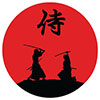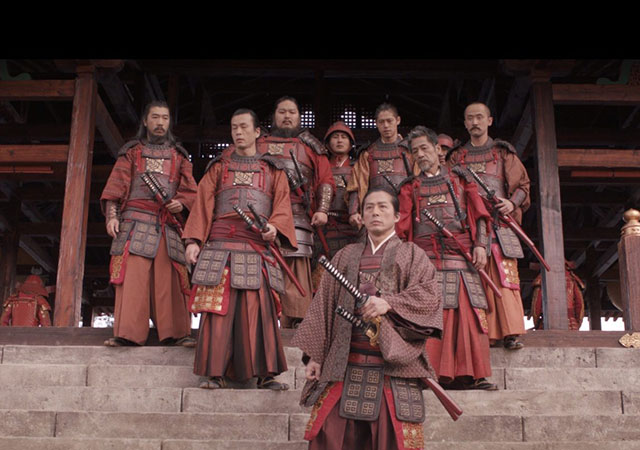
By the beginning of the 18th century, Japan had a strong centralized government led by the Tokugawa Clan. Thereby, military conflicts between feudal lords were over and economic reforms resulted in the start of capitalism development.
As for the samurai, by that time, since there were no wars, they had ceased to serve their main purpose and most of them turned into the estate, which produced nothing. It got to the point where samurai were employed as firefighters. As a result, this was their main purpose – to extinguish fires or be at post and alert to fires.
Over time, the samurai’s situation worsened a lot. The reason was that the reinforcement of goods/money relations caused the feudal lords, whose economy was based on an outdated feudal production, to be dependent on merchants and forced to reduce their samurai army since they had nothing to pay them.
The ronin samurai did not manage to find a new duty station as there was no one to serve. So they went into trade, crafts, and became teachers. Those who could not adapt to the new situation simply languished in misery and were no different from the lower classes. Often the ronin joined the peasant and townspeople revolts. Just as common among samurai was the fact that they became to sell their weapons and armor. An unemployed samurai could also earn money by selling his estate status by marrying the daughter of a wealthy merchant or adopting a wealthy townsperson.
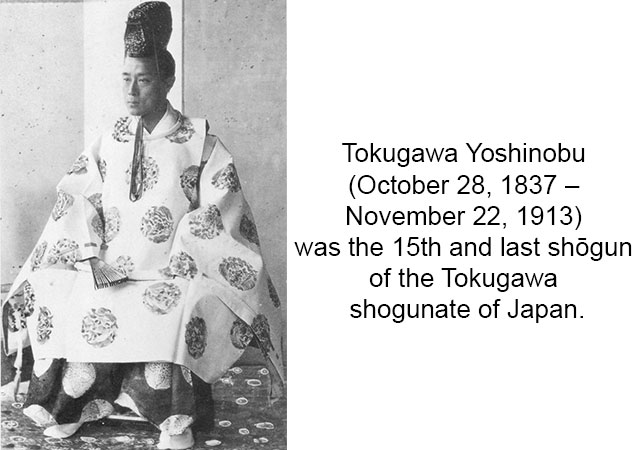
Considering the worsening of economic conditions, many samurai had to adapt and many of them found a quite suitable solution – farming. Thus, in the 18th century, a new estate of goshi samurai, or country samurai, was developed. They belonged to the samurai class and were engaged in farming along with peasants, thus ensuring a sound financial position, unlike the ronin and other samurai who received rice rations. Most commonly, the goshi had much larger land holdings than the peasants. This allowed some lands to be leased to peasants. The goshi could also engage in trade and usury, often buying up lands from peasants and thus becoming wealthy landowners.
The samurai class was completely degenerated by the middle of the 19th century when the feudal system which divided people into higher and lower estates no longer existed. After Tokugawa agreed to open up Japan to the world and began trading with Europe and America, the local market was flooded with cheap goods. This finally destroyed Japan’s subsistence production and its economy. This event had a negative impact on all classes of Japanese society.
This situation naturally affected the Tokugawa Clan which suffered from growing opposition and supporters of the imperial court. Backed by merchants, bankers, and imperial supporters, the samurai and ronin increasingly opposed the Tokugawa regime and stand out for the expulsion of foreigners. The reason was that the foreigners were considered the main culprits of Japan’s economic collapse.
The samurai’s interests coincided with those of the peasants, the urban poor, the petty bourgeoisie, and the emperor’s supporters causing a revolutionary movement and the outbreak of civil war that lasted from 1866 to 1869. The result of the war was the overthrow of the Tokugawa Clan and the restoration of the emperor’s power. The event is known in Japan’s history as the Meiji Restoration.
See also
-
Abolition of the Samurai Estate
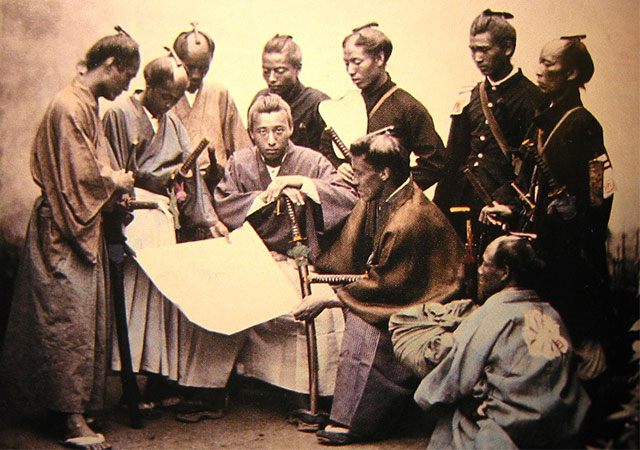
After the Tokugawa regime fell in 1869, the new imperial government of Japan began introducing bourgeois economic and political reforms. They first struck at the feudal system and the samurai estate, forcing the large feudal lords to relinquish their old rights in controlling clans.
-
The Rise of Samurai in Japan
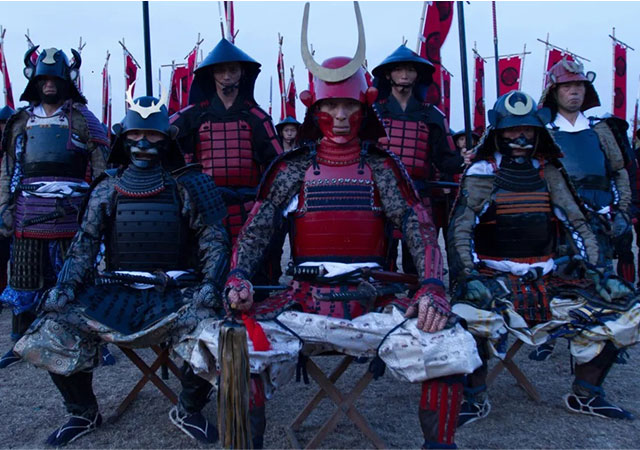
In 1603, the head of the Tokugawa Clan proclaimed himself shogun, thus starting the rule of the clan in Japan. Having set up a complete military dictatorship of the samurai by the 17th century, the Tokugawa Clan managed to completely centralize and augment its authority.
-
The Emergence of the Samurai as a Military Estate
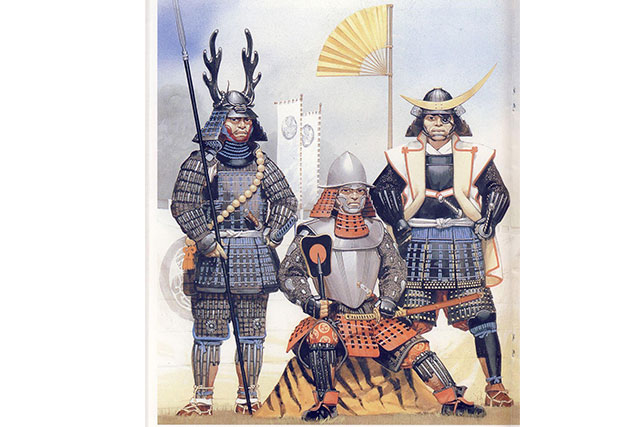
Feudal fragmentation, internecine war, and power struggles between large feudal lords resulted in the fact that, by the 12th century, the samurai finally consolidated themselves as a military class.
Read more: The Emergence of the Samurai as a Military Estate
-
How the Samurai Emerged
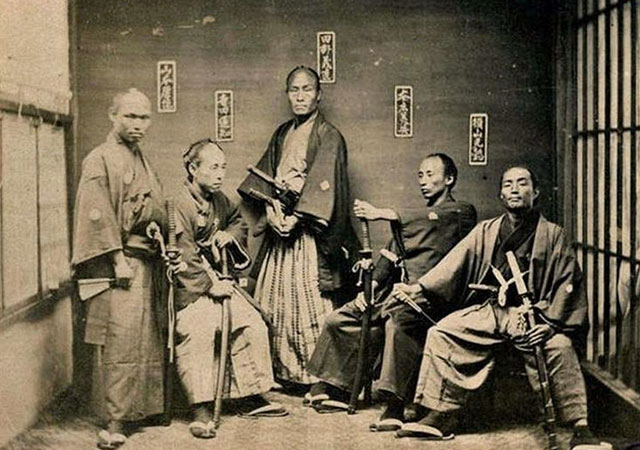
From the old Japanese language, the word samurai means the following: to serve a high-ranking person, to protect the master, to serve the master. The hieroglyph for the word samurai was borrowed from Chinese and reads as "Ji". In the Chinese language, this hieroglyph refers to the people guarding Buddhist temples. Also, to denote the word samurai, the hieroglyph "bushi" is used. The character means a warrior, a fighter.

